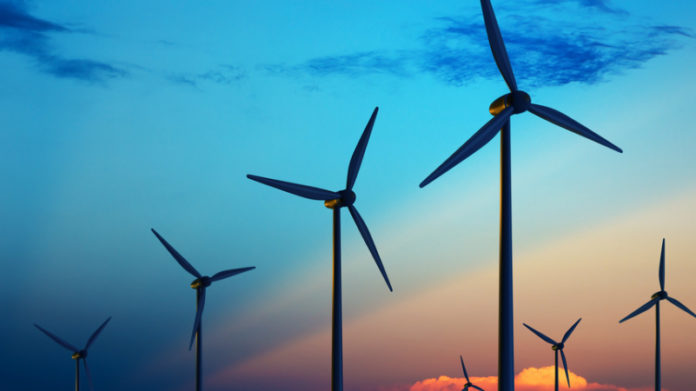
EXXARO Resources is to buy 100% control of its renewable energy play Cennergi from India’s Tata Power Company for R1.55bn as it seeks to build on its “presence in the energy sector”, the group announced today.
Cennergi operates two wind farms in the Eastern Cape – the 134MW Amakhala Emoyeni Wind Farm situated near Cookhouse and the Tsitsikamma Community Wind Farm which has a capacity of 95MW. The installations were originally bid as part of Window 2 of the Department of Energy’s Renewable Energy Independent Power Producer Procurement Programme.
“The collaboration between Exxaro and Tata Power over the past seven years to develop these projects to their current status has been commendable and an outstanding success in South Africa’s implementation of its energy strategy,” said Mxolisi Mgojo, CEO of Exxaro.
“As a South African-based company, Exxaro is pleased with this opportunity to consolidate its interest in this renewable energy asset at a time in South Africa where we need energy security as we respond to increasing negative sentiment towards coal-based electricity generation,” he added.
A report by US research group, the Institute for Energy Economics and Financial Analysis (IEEFA), stated recently that South African coal exports were approaching long-term decline. It said the country must come to grips with the prospect of fading demand from its major export destinations.
Cennergi had R4.9bn in debt as of December 2019 repayable over 15 years as of 2016. However, the debt would be excluded from Exxaro’s debt covenant ratios as it was limited recourse funding with no additional security from the company, it said.
Forecast earnings for Cennergi before interest, tax, depreciation and amortisation was expected to be about R850m. Its value, though, would be as a vehicle for carrying Exxaro’s non-coal energy ambitions, which are growing.
Speaking to Miningmx in June, Mgojo said: “What makes me not sleep at night is the thought that, in the future, I could wake up to a situation where renewables – not coal-fired power stations – could become the new power base load because of advances being made in energy storage”.
Coal and nuclear power stations are currently required to provide reliable base-load power supplies because the power generated by wind and solar energy is intermittent and cannot be stored. But that situation could change quickly via engineering.
“If you can store that renewable power it has a huge potential to change the energy mix. You cannot be narrow-minded about this. If you do not see it coming, you could find yourself seriously challenged as a business,” he said. “Look at electric cars. A few years ago they were in the labs under research and development. Now those vehicles are on the roads.”
Exxaro has also embarked on a strategy to accelerate organic and greenfields development of its coal resources. Firstly, the aim is to capitalise on potential coal shortages as other districts globally find it increasingly difficult to commission new mines; secondly, is the threat that coal-fired power generation will be engineered out to a relatively minor role.











